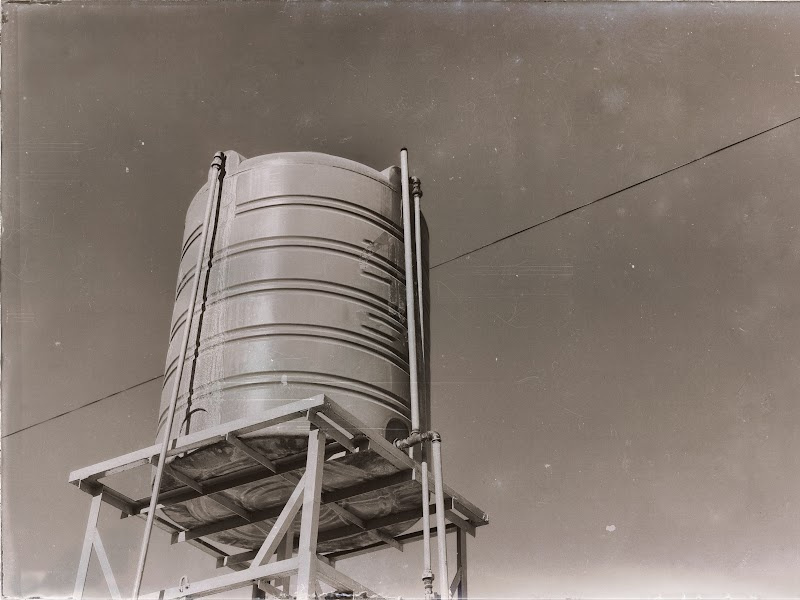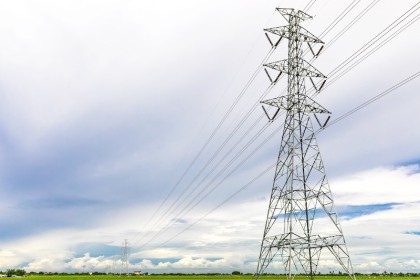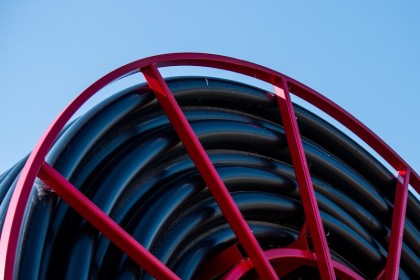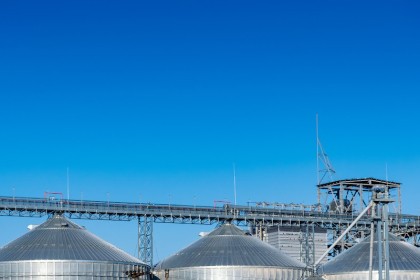
Why Rainwater Storage Tanks are a Must-Have
Water is a basic and essential resource that one should always have access to. Without it, one cannot perform basic hygiene practices, remain hydrated, and often can struggle to cook certain foods. If one cannot rely on one’s municipal water, it is important to ensure that one has alternative access to fresh and clean water. The best way to do this is to gather rainwater.
In this article, we will discuss why rainwater storage tanks are a must-have and the various benefits that they can provide.
Rainwater harvesting is the practice of collecting rainwater as it falls, storing it in a tank, and then later using it in one’s home and garden. This water is used instead of municipality water and can either reduce one's use of municipality water, or replace municipality water completely. The level of independence achieved will depend on the size of the capturing system installed.
In order to capture rainwater effectively one needs to invest in capture tanks and/or barrels. It is best to install these under a gutter. The gutter will typically be altered and receive a specialised fitting to ensure the rainwater easily flows into the tank or barrel. If one is planning to make use of the water in one’s home, it is best to install a filtration system to ensure that any impurities are removed before consumption.
The Benefits of Rainwater Harvesting Tanks in South Africa
There are a variety of benefits that rainwater harvesting can provide which makes it a fantastic investment in any home environment. Some of the most noticeable benefits include:
- Independence: Municipal water can be unreliable, especially in countries where water scarcity is prevalent. For example, in countries such as Ireland, one does not even pay for the use of municipal water as it is such an abundant resource. However, in South Africa, we frequently experience droughts where water restrictions are applied due to the concern of water supply. South Africa also experiences problems with water supply due to the poor state of ESKOM. When loadshedding occurs, the pumps within the water towers also stop working, which could cause a break in one’s water supply.
- Purity: Rainwater is renowned for its high level of purity. Unlike municipal water, it is not treated with harsh chemicals such as fluoride and chlorine in order to remove impurities stemming from nonpoint source pollution. It is also important to note that rainwater is sodium free. These factors ensure that rainwater is ultimately healthier to consume than municipal water.
- Environmentally Conscious: Harvesting and utilising rainwater will naturally increase one’s awareness of water supply and usage. This will encourage households to conserve water and reduce the amount of water that is wasted by so many.
- Financially Savvy: Rainwater harvesting can reduce one’s municipality bill, and if the system is comprehensive enough one might even be able to negate using and paying for municipality water altogether. The only cost would be the initial installation; however, one would save much more over the long-run.
- Saves Electricity: Water plants make use of a lot of electricity in order to process and purify water. Electricity is also utilised to distribute water to its final destination (your tap). Therefore, the more households, farms, and businesses make use of rainwater harvesting systems, the less electricity will be needed to operate water plants and distribute water. This will allow for greater energy efficiency within the country.
- Reduced Storm Water Runoff: By harvesting rainwater, less water will flow into stormwater drains. This will reduce the amount of flooding that often occurs during harsh rains. This will also help alleviate the velocity experienced by streams and rivers during storms, which will in turn reduce erosion.
Depending on the level of independence one would like to achieve, one would invest in and install different-sized water storage tanks. Aquadam is a company that specialises in water storage tanks. They have two sizes to choose from, consisting of a 7000 L tank or a 20 000 L tank. The smaller tanks are typically utilised in residential areas whereas the larger tanks are often used for larger operations such as agricultural water supplies. The prices of such tanks can range anywhere from R15 600 to R40 000.
Visit the AgrifoodSA directory to find out more about Aquadam and how they can help you become independent and harvest your own rainwater.












